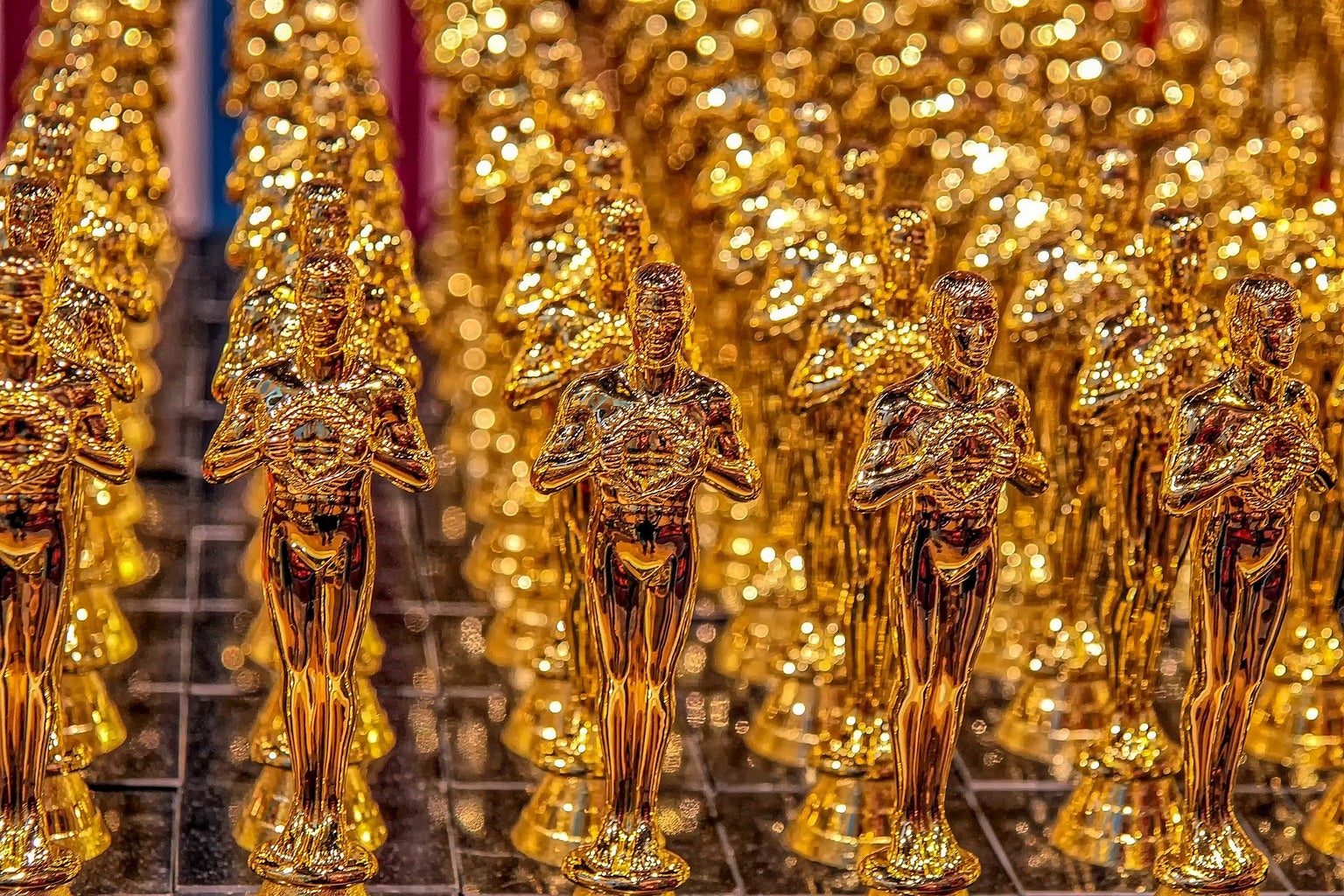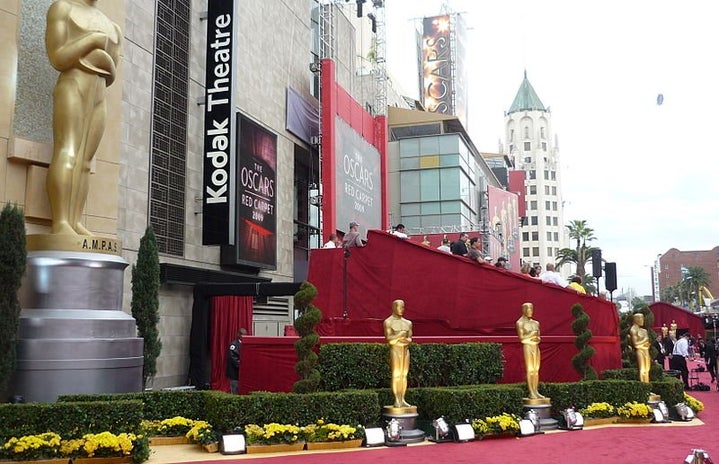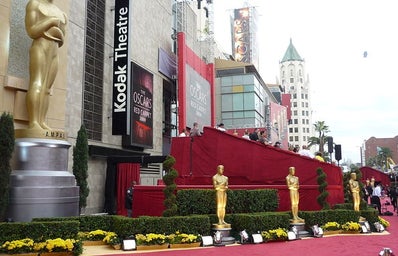“Naatu Naatu,” a song from the Telugu movie “RRR,” became the first South Indian song to win an Oscar at last Sunday’s awards ceremony. The competition was incredibly high for the Best Original Song category as the song competed with huge household names including Rihanna’s “Lift Me Up” from “Black Panther: Wakanda Forever” and Lady Gaga’s “Hold My Hand” for “Top Gun: Maverick.” This has arguably been the biggest recognition in Hollywood since “Slumdog Millionaire,” which, although featuring an Indian cast, was a British-produced film.
The Oscars have an infamous history of discrimination against people of color. In 2015, #OscarsSoWhite started trending after all of the acting nominees were white. Since then, Hollywood has doubled down on being more inclusive, with the production of more movies centered on people of color. However, progress has been back and forth with some years still featuring a majority of white nominees and winners. Seeing my culture portrayed in American film beyond its heavily stereotyped caricature is already rare. To that end, it made me incredibly proud to see South Indian film and music being recognized on the global stage.
This award is especially meaningful to the South Indian community. Even within India, South Indian film tends to face more challenges than North Indian film (Bollywood). South Indians are often portrayed in Bollywood as less civilized, less educated and are made fun of for their darker skin tone, food and language.
This is also part of the reason why fans were upset over Jimmy Kimmel saying that “RRR” was a Bollywood, instead of Tollywood (Telugu film), movie. Tollywood has made great strides in the recent decade to gain more mainstream acceptance in India and the mishap on one of the world’s biggest stages felt like a huge step backward in this progress.

“Naatu Naatu,” as opposed to other songs in the movie, stands out to me specifically because of its significance in the plot. The scene starts when the two main characters, Bheem and Raju, attend an event at the British governor’s palace. Bheem is immediately made fun of by the white colonizers as he struggles to learn the British ballroom-like dance moves and has trouble speaking English. The conflict turns into a dance battle where Raju and Bheem show off their energetic Tollywood-inspired moves and eventually outlast the white colonizers as the only two left dancing. Raju ultimately lets Bheem win to impress the woman he is talking to.
The scene to me served as a representation of the energy and liveliness of South Indian music and dance that brought life to many of those colonized at the time. It stood in stark comparison to the structured and strict life of the British colonizers and those who worked for them in the movie. Additionally, Indian films are known for their attention to songs and dance choreography and the detail that went into “Naatu Naatu” is a great example of this. It warms my heart to see these exact beloved aspects of our culture being celebrated by the world.


